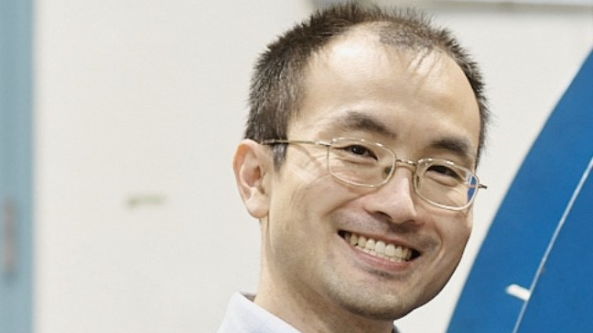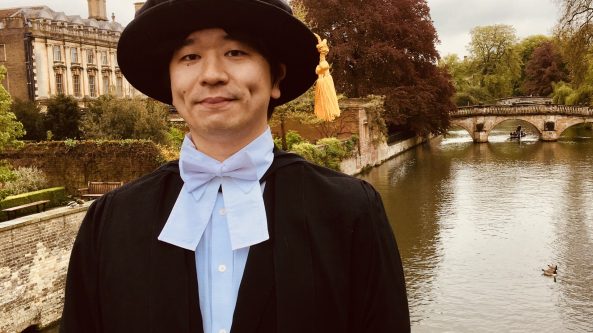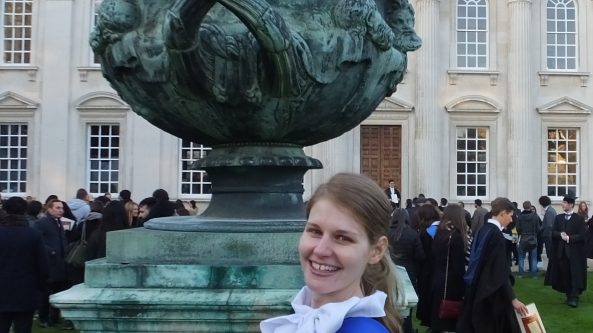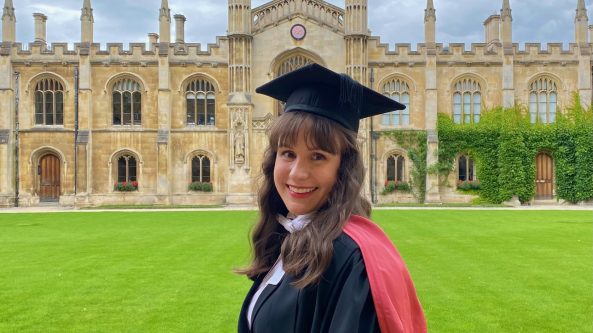PhD research delivers safer public spaces in northern Nigeria

Stephen Ajadi is an Architect, Urban Planner and Development Economist. He completed a PhD in Land Economy at Fitzwilliam College.
During his PhD, Stephen studied the vulnerability of markets in northern Nigeria. His research included interviewing more than 7000 people, to get a closer look at the impact of conflict and violence on these spaces. He was inspired by his experiences witnessing first-hand the effects of conflict, violence and inequalities in the region.
He studied Bachelor’s and Master’s degrees in Architecture, a Master of Design and Innovation for Sustainability and a postgraduate degree in Management before joining the University of Cambridge. Stephen was able to complete his PhD thanks to an IsDB Cambridge International Scholarship, offered by the Trust in collaboration with the Islamic Development Bank.
Long before becoming an architect, Stephen knew he wanted to make a positive impact on northern Nigeria - and studying Land Economy, which combines areas such as law, urban planning and economics, provided the ideal framework.
Stephen's PhD, supported by the Cambridge Trust, has helped him develop new approaches to the issues he aims to solve through his work.
I realised that one single field is not enough to realistically address social problems. It requires a more varied lens. Now when I'm looking at a problem, I look at it as an architect, but also as an economist, as somebody in finance, as an environmentalist and an urban planner at the same time.
Stephen’s research uncovered new ways of measuring and assessing vulnerability, underpinned by a pragmatic approach to spatial ethnography. He developed practical strategies for protecting people and applied them to vulnerable markets, providing evidence of their effectiveness. This represents a significant breakthrough in the field.
You have to work continuously at peace. It's like a bicycle; peace is something you pedal. The moment you stop pedaling it, the moment there stops being peace. It's good to be in the position where you can take the knowledge you’ve acquired and use it to solve problems.
Stephen runs a successful architectural firm, Ruban Office, based in Nigeria and specialising in both research and practice. The company is involved in the design and construction of projects across Africa and other parts of the world.
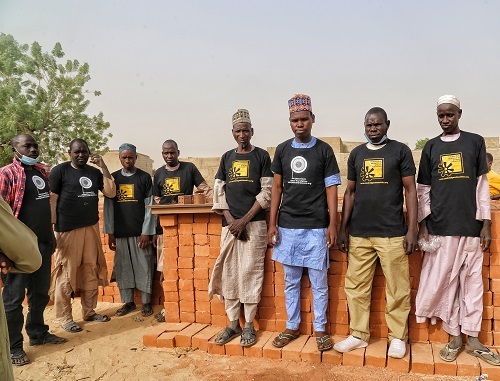
These projects range from public and communal spaces for displaced people (based on his PhD research) to the design of large-scale innovation hubs, skyscrapers and planning entire cities.
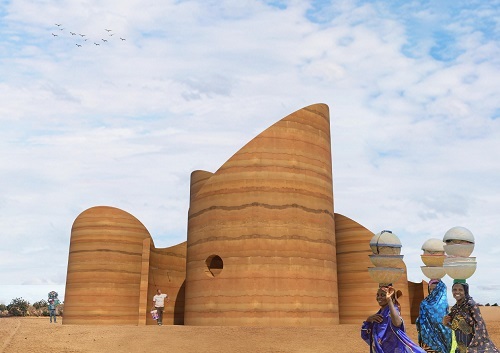
While studying, Stephen participated in a wide variety of extracurricular clubs and societies, including acting as Co-President of the African Society and playing for the University of Cambridge Polo Society. He also practised Kendo, the Japanese way of the sword, at the University of Cambridge Kendo Society - Tsurugi Bashi Kendo Kai. Stephen runs the Cambridge Initiative for African Urbanism, and the Penumbra Space Foundation, helping people displaced by conflict with social and physical infrastructure.
Since joining the University of Cambridge, Stephen has been the recipient of several prestigious awards, including the 2023 CSAR (Cambridge Society for Application of Research) PhD prize for outstanding research excellence with prospects for significant real-life impact. Additional accolades include the 2023 Vice Chancellor’s Award for Early Career Research, the Royal African Young Leadership Award for outstanding leadership achievement in Africa, and the 2024 Amit Bhasin Prize. Most recently, Stephen won the prestigious Royal African Award for outstanding leadership and impact by an African youth, awarded by the Royal African Young Leadership Forum, a program of the Royal African Foundation.
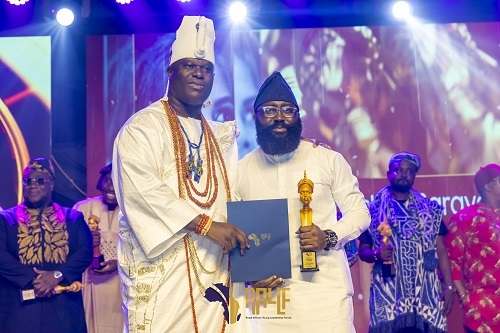
He’s currently working to advise NGOs and Governments on urban security through more sustainable urban and rural designs.
Stephen plans to continue developing safer infrastructure in the areas where it’s needed most. His current projects include designing a market in northern Nigeria and an emerging city in Ghana, drawing on knowledge from his doctoral study.

